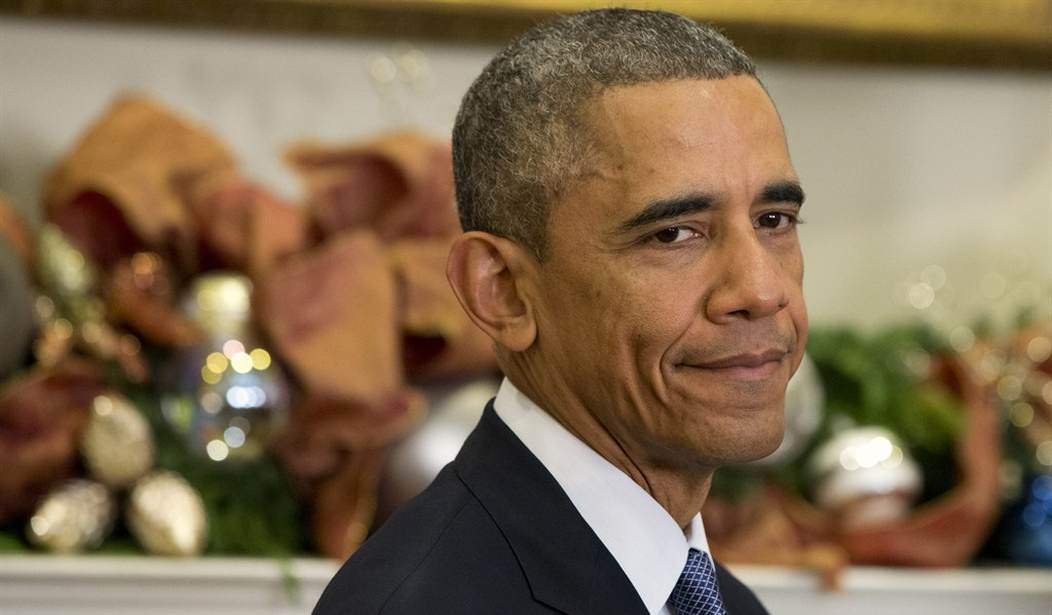Let's ask ourselves what the characteristics of laws in a free society should be. Let's think about baseball rules (laws) as a way to approach this. Some players, through no fault of their own, hit fewer home runs than others. In order to create baseball justice, or what's sometimes called a level playing field, how about a rule requiring pitchers to throw easier pitches to poorer home run hitters? Alternatively, we could make a rule that what would be a double for a power hitter is a home run for someone who doesn't hit many homers.
Some pitchers aren't so good as others. How about allowing those pitchers to stand closer to home plate? Better yet, we could rule their first two pitches as strikes, regardless of whether they are or not. In the interest of baseball justice, we might make special rules for some players and not for others. That would level the playing field between old players and young players, black players and white players and fast runners and slow runners. Umpires would become arbiters of baseball justice.
You say, "Williams, you can't be serious! Can you imagine all the chaos that would ensue: players lobbying umpires, umpires deciding who gets what favor, and lawsuits -- not to mention violence?" You're absolutely right. The reason baseball games end peaceably -- with players and team owners satisfied with the process, whether they win or lose -- is that baseball rules (law) are applied equally to all players. They're fixed, and umpires don't make up rules as they go along. In other words, baseball rules meet the test of "abstractness." They envision no particular game outcome in terms of winners and losers. The rules that govern baseball simply create a framework in which the game is played.
Recommended
Laws or rules in a free society should have similar characteristics; there should be "rule of law." Rule of law means that laws are certain and known in advance. Laws envision no particular outcome except that of allowing people to peaceably pursue their own objectives. Finally, and most importantly, laws are equally applied to everyone, including government officials.
Sir Henry Sumner Maine, probably the greatest legal historian ever, wrote, "The movement of the progressive societies has hitherto been a movement from Status to Contract." In non-progressive societies, rule of law is absent. Laws are not general. They're applied according to a person's status or group membership. There's rule not by legis, the Latin word for law, but by privilegium, the Latin term for private law.
Let's look at our country and ask whether we live under rule of law. Just about every law that Congress enacts violates the requirements for rule of law. How do we determine violations of rule of law? It's easy. See whether the law applies to particular Americans, as opposed to all Americans. See whether the law exempts public officials from its application. See whether the law is known in advance. See whether the law takes action against a person who has taken no aggressive action against another. If one conducts such a test, he will conclude that it is virtually impossible to find a single act of Congress that adheres to the principles of the rule of law. The supreme tragedy is Americans do not want rule of law.

























Join the conversation as a VIP Member